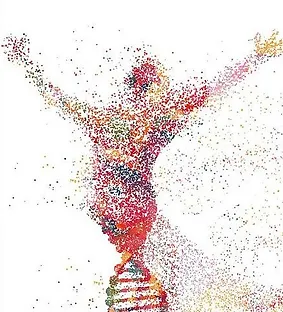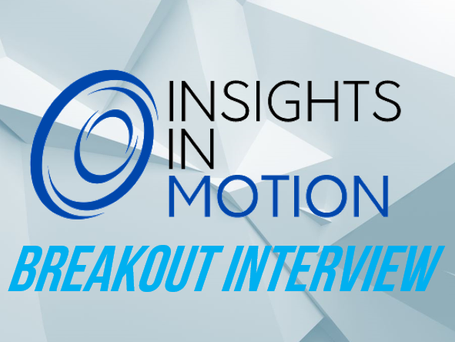Sports Specific Capture vs. Functional Movement Capture For Athletes? Which One Is Better?

Breaking down the movement genome to better determine what is needed to track and build better athletes.

Traditionally, motion capture was used to breakdown complicated movement patterns like throwing, swinging, or running. The idea focused on the speed of movement mixed with the evaluation, which was not easily done. Later on, motion capture systems started being used for functional movements. This application became relevant based on the value scientists were finding with the complex movement patterns. The human eye and subjective evaluation can miss a lot of movement data and the results can be bias towards the user. This aspect made motion capture technology more appealing.
When trying to decide whether or not you should be capturing sport specific movements or functional movements you should focus on an 80/20 breakdown. 80% of the captured movements should be functional movements. The focus for this is based on compliance, time, and scientific repeatability. You should be able to screen more people quickly and identify impactful differences in motion health more reliability. Around 20% of your testing should be sport specific to follow the functional changes and how they manifest into sport specific changes. Collect a baseline test and follow up tests for sport specific movements as needed, which keeps the sport specific compliance and effort high.
Recent Posts

Wu Tsai Performance Alliance: University of Kansas

New Branding Coming Soon!
